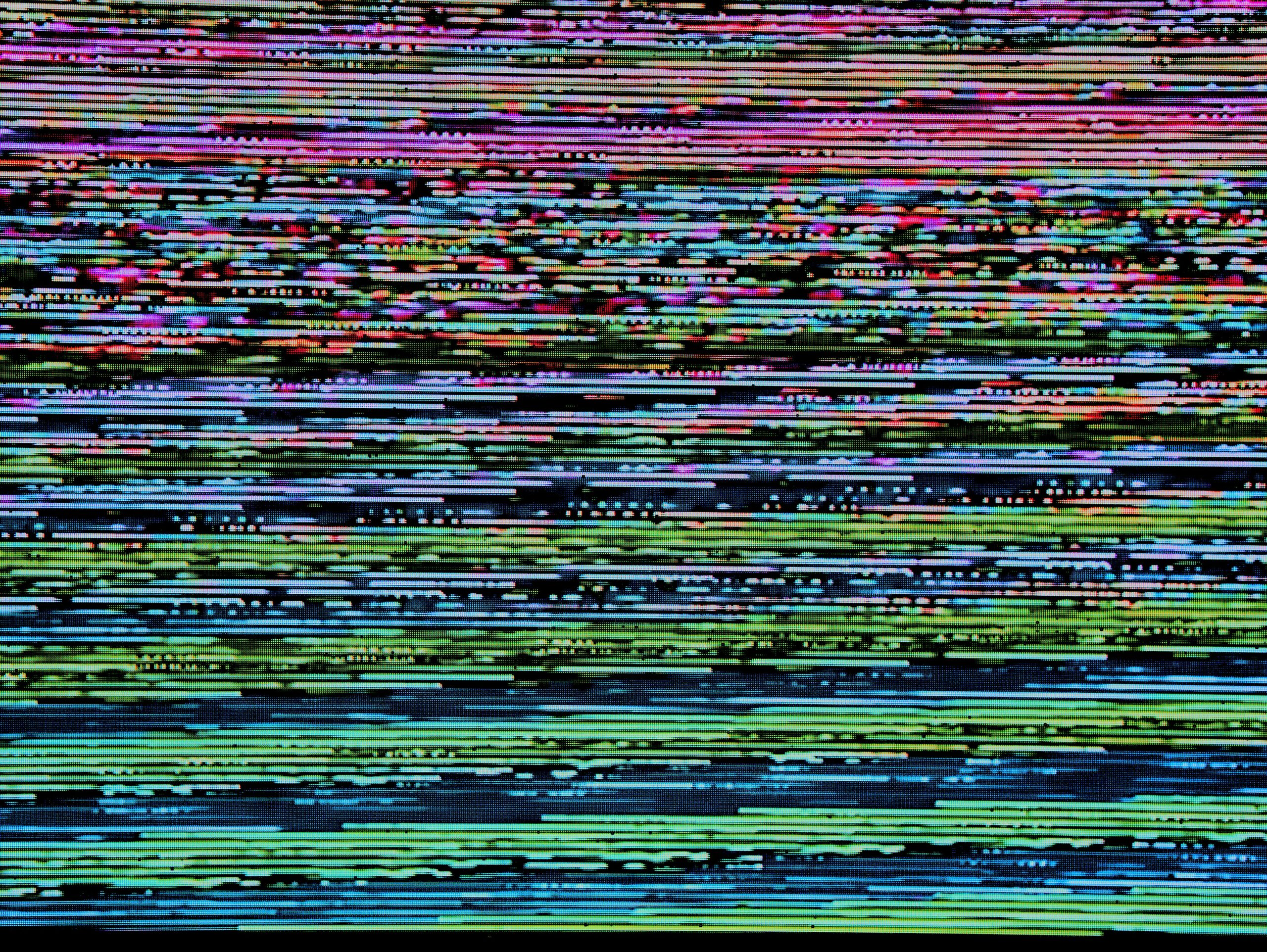Photo by Michael Dziedzic
It seems like there is a need to look at how the suppression of ideas and information affects the reading experience in today’s world. How does science fiction censorship affect its audience?
Science fiction censorship can take various forms like any other genre worldwide. It usually happens during the creation and distribution of literary works, especially in portraying ideas or themes circulating those works.
Political, social, and cultural factors are what drive censorship implementation. Two things can also happen to genres like science fiction: it can restrict or alter the contents that carry the science fiction stories.
Science fiction censorship itself is a theme within the genre. Some examples include governments banning or limiting the publication of certain science fiction books or films, censorship of scientific research in dystopian societies, or pressure from interest groups to exclude specific topics from science fiction narratives.
Shadowed Stars: A raw and epic adventure series
Science fiction is a slew of mixed themes that somehow correlate. However, science fiction censorship is a complex matter that must be carefully considered. After all, some children and minors are avid fans of sci-fi and its undeniable influence in shaping their formative years.
That is why the “Shadowed Stars” Series by Steven Koutz distinguishes itself as one of those mature sci-fi books. Filled with graphic details that are too much for a young mind, the book series was meant for mature audiences exposed to such media.
Furthermore, too much science fiction censorship can take away the fun of a fictional thriller adventure. Thankfully, the Shadowed Stars series has its way of making the stories phenomenal and keeping its essence as a mature sci-fi book that gets readers invested.
Is science fiction censorship necessary?
Authors far and wide have constantly used science fiction to explore controversial or challenging ideas that not everyone is willing to go to. This direction serves as a platform for social commentary, critique of society, and the lengths it took to keep challenging ideas from surfacing.
Whether science fiction should be censored is subjective and can elicit differing opinions. While some arguments may be presented in favor of censorship, it is crucial to consider the potential consequences and implications.
Sensitive Content
Some argue that certain content in science fiction, such as explicit violence or explicit sexual content, may be unsuitable for specific audiences, particularly young or vulnerable individuals. They believe that censorship can help protect these audiences from potentially harmful material.
Understandably, only some things are for everyone. Subsequently, science fiction censorship is a way to protect the general public from themes that trigger adverse reactions. There is sensitive content that can be overwhelming for some, and science fiction censorship can be applied in this scenario.
Social Responsibility
Proponents of censorship might argue that science fiction should be censored to prevent the spread of harmful or dangerous ideas. Moreover, they believe certain narratives or ideologies in science fiction could adversely affect society if left unchecked.
Cultural Sensitivities
Censorship may be advocated to respect cultural or religious sensitivities. Science fiction works that touch on taboo or offensive topics in specific cultures might be subject to censorship to avoid causing offense or inciting conflicts.
Various countries ban media content not widely accepted by their own societal standards. Books and other media are automatically denied distribution if they contain graphic violence or culturally inappropriate themes. Furthermore, we need to understand the nuances of different cultures and how they deal with sensitive themes that affect their religious and cultural norms.
Ethical Considerations
Some argue that science fiction should be censored if it promotes or glorifies unethical behavior or actions. They believe censoring such content can help maintain societal moral standards and prevent normalizing harmful behavior.
However, it is essential to note that these arguments can be challenged. Science fiction censorship can hinder artistic expression, limit intellectual freedom, and stifle innovation. Science fiction has often been a platform for exploring challenging ideas, addressing societal issues, and pushing the boundaries of imagination. It can provoke thought, inspire discussions, and offer critical perspectives.
Ultimately, the decision regarding censorship should consider the balance between protecting specific audiences and preserving the artistic and intellectual integrity of the genre.
Conclusion
We’re all aware that there is an appropriate form of media content for everyone. The Shadowed Stars series is filled with mature themes that only grown readers can access. There are varieties of child-friendly sci-fi books that are widely available and are totally harmless. Moreover, if you’re interested in picking up this adventure thriller book by Steven Koutz, read at your own risk and proceed cautiously.
